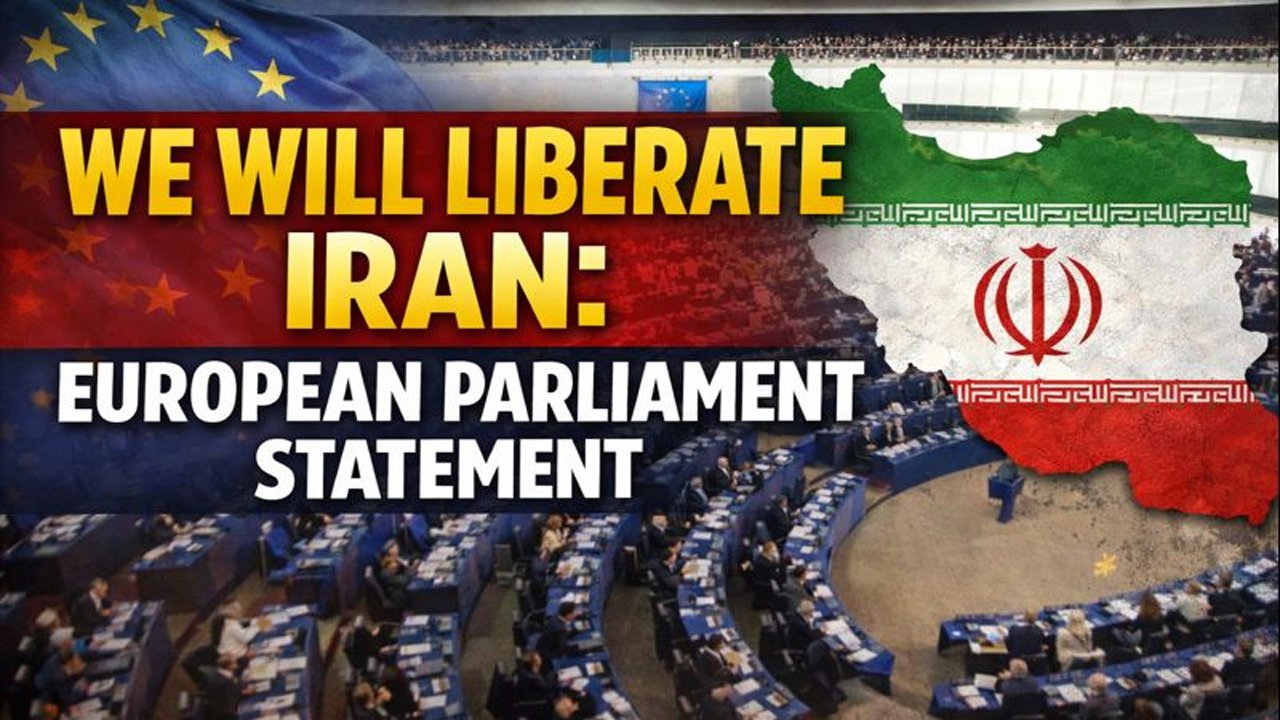Canadian PM’s Accusations Against India Likely To Be False, No Evidence Found
For months, Canadian Prime Minister Justin Trudeau has accused India of involvement in the murder of Hardeep Singh Nijjar, a Khalistani terrorist, on Canadian soil.
These claims, which Trudeau presented as rooted in “credible evidence,” sparked a diplomatic confrontation between Canada and India. However, a recent report by a Canadian commission has revealed that Trudeau’s allegations were made without any substantial evidence linking the Indian government to Nijjar’s assassination.
The commission, which is investigating foreign interference in Canada’s elections, concluded that there was no definitive link between India and the murder. This finding directly contradicts Trudeau’s repeated assertions and exposes the weakness of his claims.
Despite months of accusations, the report suggests that Trudeau’s diplomatic war with India was based on flimsy evidence, raising serious questions about his handling of the situation.
Trudeau’s Claims Against India
The tension began in September 2023, when Trudeau first claimed that Canada had “credible evidence” indicating that Indian agents were involved in Nijjar’s killing in British Columbia. This grew more intense by October 2024, when he accused India of violating Canadian sovereignty by targeting Sikh individuals in Canada, calling such actions a “horrific mistake.”
Nijjar, who was wanted by India for his links to terrorism, was shot dead in June 2023. Following his death, Trudeau’s claims triggered a diplomatic crisis between Canada and India. The two countries expelled several diplomats in retaliation, deepening the rift. Despite the accusations, Trudeau failed to present any strong evidence to support his allegations.
The Commission’s Findings
The Canadian commission report, titled “Public Inquiry Into Foreign Interference in Federal Electoral Processes and Democratic Institutions,” offers a stark contrast to Trudeau’s public stance. According to the report, Trudeau’s allegations against India were based on fragile and unsubstantiated claims. The commission highlighted that no definitive link between India and Nijjar’s murder could be established.
Marie-Josee Hogue, the commissioner, suggested that the allegations might have triggered a disinformation campaign, although she stressed that this too lacked conclusive evidence. The report also examined the expulsion of diplomats, pointing to the strained relationship between the two countries. However, it reaffirmed that the allegations of Indian involvement were not supported by credible evidence.
Impact on Canada-India Relations
India has long criticized Canada for its leniency towards the Khalistani movement, a separatist movement that has found support among some members of the Sikh diaspora in Canada.
In November 2024, Trudeau accused Canadian national security officials of being “criminals” after leaked reports tied Indian leaders to the Nijjar murder. His government faced increased scrutiny, and the political fallout has been significant. With his Liberal Party facing potential defeat in the upcoming election, Trudeau’s credibility has been further damaged.
Next Story:
Now you can get the latest stories from Indtoday on Telegram every day. Click the link to subscribe. Click to follow Indtoday’s Facebook page, Twitter and Instagram. For all the latest Hyderabad News update




